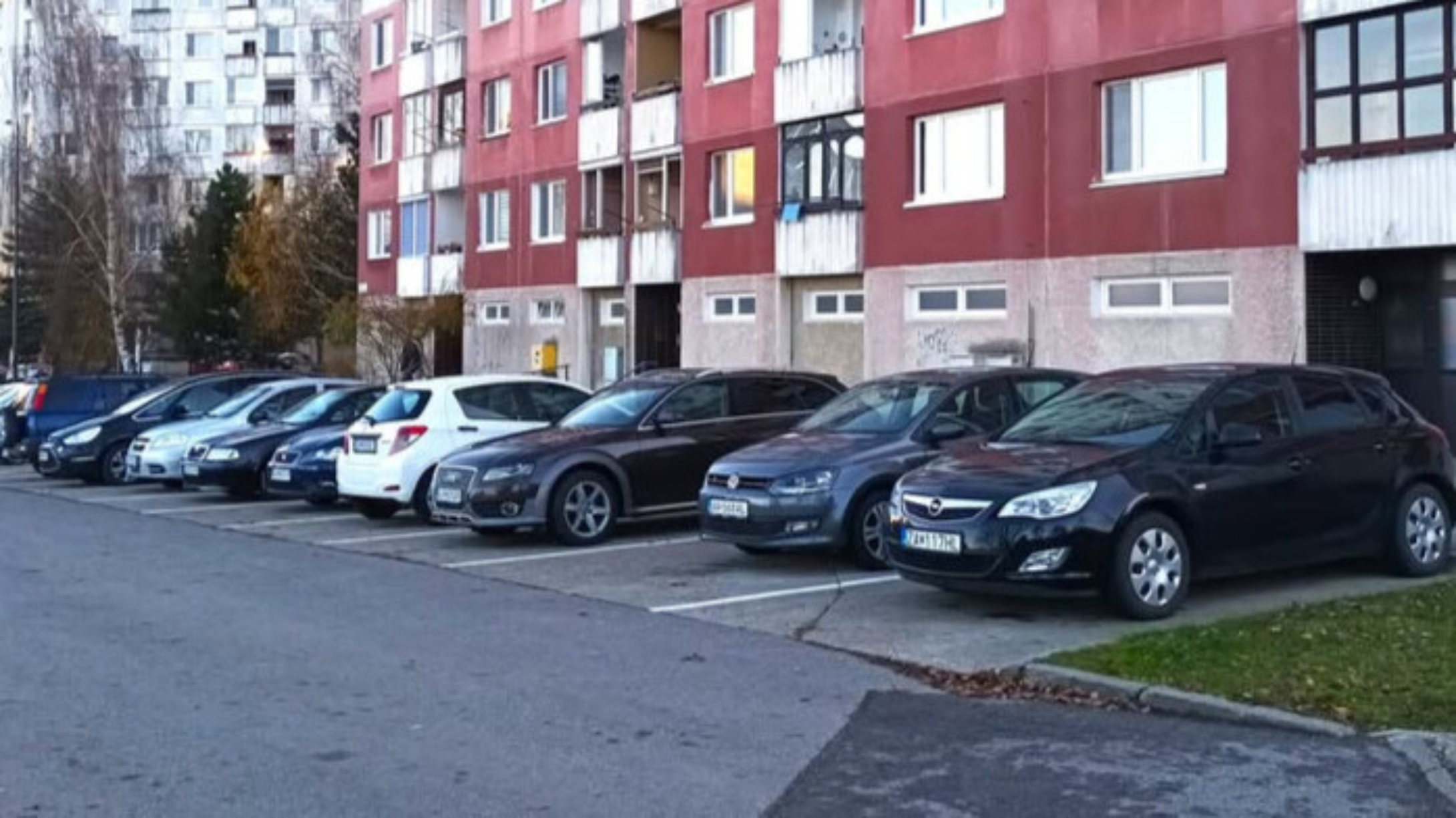As part of the NXTLVL Parking project, the City of Žilina undertook the ParkPAD (Parking Policy Audit) process to evaluate and enhance its local parking management system. With a population of around 80,000 and a growing suburban commuter belt, the city faces mounting pressure on its transport infrastructure and urban space. The ParkPAD audit provided a structured opportunity for city stakeholders to reflect on current practices, assess maturity levels, and identify priorities for the future.
The ParkPAD process was initiated in mid 2023 with the establishment of a local team composed of representatives from the municipality, experts, and local organizations. The team participated in a self-assessment workshop moderated by an external facilitator so called ParkPAD auditor, and additional stakeholders were consulted to ensure a diverse and inclusive discussion.
Throughout the workshop, the participants evaluated more than 30 elements of the city’s parking policy across areas such as planning, regulation, enforcement, communication, and innovation. The outcome was a detailed profile of Žilina’s parking system and a shared understanding of both the strengths and areas needing improvement.
The city faces institutional fragmentation, outdated regulations, and limited integration of parking policy with broader mobility goals. Public opposition to parking reforms and the lack of strong alternatives to car use in certain areas were also seen as ongoing barriers. Compounding these issues is the lack of strong alternatives to private car use, particularly in less accessible or hilly parts of the city, where public transport and active mobility options are limited. Finally, the lack of up-to-date data on parking demand and user behavior makes it difficult to adopt evidence-based policy solutions.
Despite these challenges, the ParkPAD workshop was a positive experience for the city, fostering open dialogue and encouraging collaboration across sectors. Participants left the process with a clearer vision of the necessary steps for improving parking management and advancing sustainable urban mobility.
Key takeaways from the ParkPAD process in Žilina:
- Parking policy should be more closely integrated with urban planning and land use strategies.
- Strong and consistent political leadership is essential to implement effective and sometimes unpopular measures.
- Public communication must be transparent and proactive to build support and understanding of parking reforms.
- Parking revenue should be reinvested in sustainable transport modes to increase public acceptance.
- Digital tools and smart parking solutions can improve efficiency, monitoring, and enforcement but also support citizens communication via a public dashboard
- A single department or team should be designated to lead parking policy and coordinate across institutions.
- Pilot projects and incremental changes can help test new ideas and reduce resistance to change.
The ParkPAD experience has given Žilina a valuable starting point for transforming its approach to parking. By aligning parking policy more closely with environmental and mobility goals, the city is better positioned to create a more liveable and accessible urban environment.
